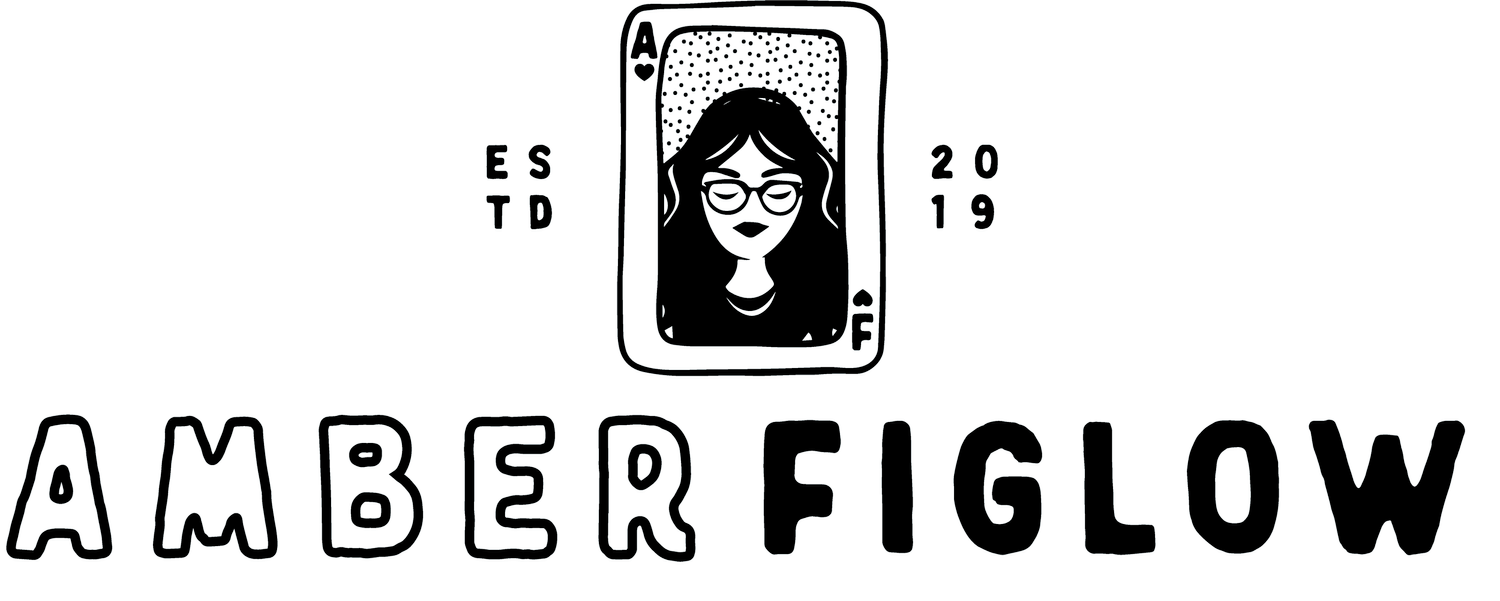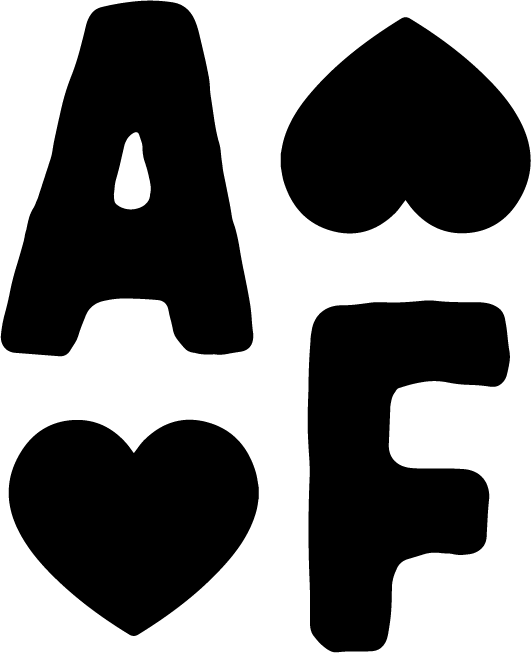EP. 004 | How to Create a Content Calendar on a Yearly, Monthly, and Weekly Basis
Podcast Summary
In this episode, I'll be sharing my detailed process for planning and scheduling content on a yearly, monthly, and weekly basis. I'll break down how I review my previous year's content performance, acknowledge personal and business events, plan out monthly content, and approach weekly content creation. My goal is for you to know that content planning doesn't have to be as daunting as it may seem.
Episode Highlights
00:00:35: Discussing the yearly overview, reviewing the previous year's content performance, and mapping out major personal and business events in a Google calendar.
00:03:26: Planning monthly content by considering the number of Mondays in a month, setting tasks in Asana, and scheduling monthly batching days.
00:05:03: Dive into the weekly content planning approach, focusing on one topic per week and creating supplemental in-the-moment content.
Resources + Tools Mentioned
If you want to start getting your content organized, don't forget to grab The Content Planner, my FREE Airtable template with video lessons to get you started on getting your shit organized!
A Comprehensive Guide to Content Planning and Scheduling for Small Business Owners
Content planning can seem overwhelming, but with the right strategies and tools, it becomes a manageable and rewarding process. So I want to share with you how I plan out my content on a yearly, monthly, and weekly basis.
Yearly Content Overview
At the start of each year, or even towards the end of the previous year, I take the time to review the performance of my content over the past year. This process involves celebrating wins, acknowledging losses, and identifying areas for improvement.
As a part of planning out my entire year, I leverage my Google Calendar to align personal commitments with content planning. By factoring in vacations, birthdays, and holidays, I ensure that my content creation doesn't invade important personal events.
This also provides me with a clear understanding of when I can dedicate time to producing content.
Strategic Planning for Big Business Events
In addition to personal commitments, I also plan for significant business-related events such as sales campaigns, product launches, and major projects.
I block out time for these activities on my calendar to ensure that I can give them the focused attention they deserve. For example, I schedule dedicated weeks for sales campaigns, avoiding the release of other content during those periods.
Monthly Content Planning and Execution
On a monthly basis, I plan out the content for my podcasts and YouTube videos, by analyzing the number of Mondays in a given month, I determine the volume of content required. (I put out YouTube videos and podcast episodes every Monday)
Using a task and project management software like Asana, I organize important tasks, recording sessions, and one-off content creation projects for the month. This includes tasks such as revamping Instagram highlights and updating YouTube thumbnail graphics.
Weekly Content Production Framework
Each week, my team and I produce 20 to 30 pieces of content for various platforms. Focusing on a single topic for an entire week allows us to align our messaging across different channels.
By centering each week's content around a hero piece, I only need to brainstorm 52 different topics a year. This approach helps in maintaining consistency and relevancy, with content being produced at least one to two weeks ahead.
Balancing Planned and Spontaneous Content Creation
While the majority of my content is pre-planned and scheduled, I also leave room for more spontaneous content creation. This involves reviewing the hero pieces at the start of each week and then creating supplemental and in-the-moment content to stay relevant on social media platforms like TikTok and Instagram. This agile approach ensures that my content remains current and engaging.
A Note on Content Planning Strategies
I understand that not everyone needs to plan their content as meticulously as I do. However, I hope that sharing my approach offers insights that you can adapt to your own content planning routines. It's important to take what resonates with you from my process and leave behind what doesn't. The goal is to find a content planning strategy that suits your unique needs and preferences.

